Keynote Speakers
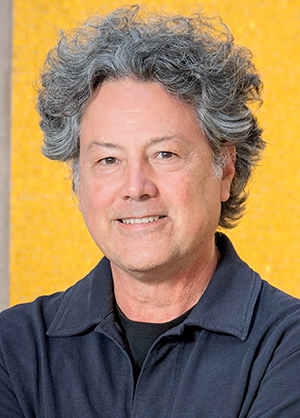
Alejandro Echeverri is Distinguished Professor in Urbanism, TEC Monterrey, and co-founder and director of URBAM, the Center for Urban and Environmental Studies, at EAFIT University, Medellín, Colombia. He believes in the ethical responsibility of designers to contribute toward a better society. His experience combines architectural, urban, environmental projects, and planning. Since 2010, at URBAM, and 2020, from TEC Monterrey, his work delves into the urban, environmental, and social issues of emerging developing countries, particularly those with weak political and institutional structures. He is also active in design through his studio, Alejandro Echeverri + Valencia Arquitectos, focusing on projects with low environmental impact for tropic regions. He has collaborated as a professor, lecturer, and juror in various international and national institutions. His intellectual production includes publications in architecture and urbanism focused on environmental and spatial justice. He was the 2016 recipient of the Obayashi Prize.
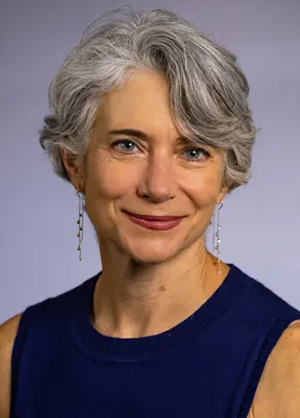
Barbara E. Mundy is an art historian, best known for her work on the history of cartography, urban history, and the history of the book. Her work focuses primarily on Mexico and New Spain, and the interactions between Indigenous peoples, settler colonists, and their environments across the colonial period, roughly 1520–1800. With her first book, The Mapping of New Spain: The Maps of the Relaciones Geográficas (2000), she brought to light the largely overlooked colonial mapping traditions of the native peoples of Mexico. Her recent prize-winning book, The Death of Aztec Tenochtitlan, the Life of Mexico City, chronicles the great urban metropolis of Mexico City to reveal the Indigenous foundation that lies beneath one of the largest cities in the world, past and present.
Panelists

C.J. Alvarez, an environmental historian, is associate professor in the departments of History and Mexican American and Latina/o Studies at UT Austin. His current book project, “Another Kind of Clay: An Environmental History of the Chihuahuan Desert,” is about the largest and least-known expanse of dryland in North America. His first book, Border Land, Border Water: A History of Construction on the U.S.-Mexico Divide (UT Press, 2019), is a history of the built world of the U.S.-Mexico borderline. His work blends traditional archival research with idiosyncratic fieldwork. Before receiving his doctorate in history from the University of Chicago, he studied art history at Harvard and Stanford, and still maintains a commitment to visual analysis.

Javier Auyero is professor of Sociology at UT Austin and the founder of UT Urban Ethnography Lab. He researches urban marginality, political ethnography, and collective violence.
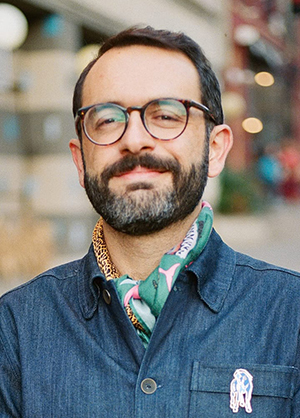
Carlos Andrés Baquero-Díaz is the Research Director of the TERRA Program at New York University’s Center for Human Rights and Global Justice. His publications span both academic pieces and broader-audience formats, including podcasts, documentaries, and op-eds, focusing on socio-environmental justice, property and environmental rights, and Indigenous peoples’ rights. Currently, he co-curates the More-Than-Human Life Project (MOTH) and the FORGE program, and serves as senior editor at Open Global Rights. He is adjunct professor on critical property and environmental rights at the NYU Law School and climate change law at the Pontificia Universidad Católica del Ecuador.

Dean Chahim is an assistant professor of Environmental Studies at New York University. He is an anthropologist whose research traces the interactions between political power, engineering, and the urban environment. Previously trained as an environmental engineer, his work asks both how unjust environmental conditions are produced and sustained through engineering and how engineering practice might be reconfigured to challenge injustice and design for radically different futures. His current book project takes up these concerns through an ethnography and history of Mexico City’s vast and deeply unequal flood control system. The book shows how engineering becomes a mode not of mitigating but of governing disasters: of maintaining rule over populations living in increasingly hazardous environments.
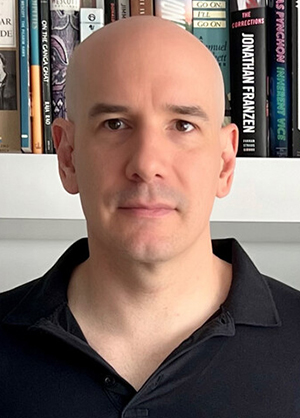
Felipe Correa is a founder and managing partner of Somatic Collaborative, where he focuses on the design and transformation of cities and urban areas. Correa’s work sits at the intersection of design, policy, and economic development. He has directed a wide range of applied research and design projects in the Americas, Asia, and Europe. He is the author of multiple books, including Beyond the City: Resource Extraction Urbanism in South America (UT Press, 2016), Mexico City: Between Geometry and Geography (ARD, 2015), and São Paulo: A Graphic Biography (UT Press, 2018). Currently, he is director of the Urban Prosperity Institute in New York City and the Cass Gilbert Visiting Professor at the University of Minnesota.

Lina Del Castillo is associate professor in the Department of History and LLILAS at UT Austin. Her research focuses on the intersections between 19th-century republicanism, scientific thinking, the public sphere, and visual culture. Her first book, Crafting a Republic for the World: Scientific, Geographic, and Historiographic Inventions of Colombia (University of Nebraska, 2018), examines how 19th-century Spanish Americans offered radical new ways of understanding the past through new histories, sciences, and geographies. Her current book project, “Colombia’s Paper Empire: Cosmopolitanism, Print Culture, and Geopolitics in the Age of Revolutions,” examines how a transnational and transatlantic cosmopolitan community came to invent, print, embrace, and finally disown a continental Colombian vision.
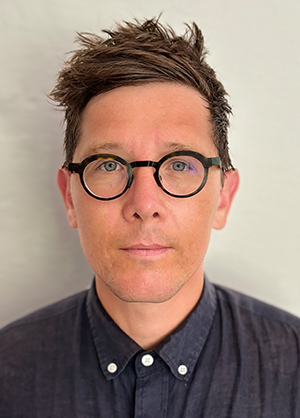
Seth Denizen is a researcher and design practitioner trained in landscape architecture, evolutionary biology, and human geography. His published work is multidisciplinary, addressing art and design, soil science, urban geography, and agriculture. He holds a PhD in Geography from the University of California Berkeley, where he studied the political ecology of soil. A 2019 recipient of the SOM Foundation Research Prize, he has previously taught at Harvard, the University of Hong Kong, and Princeton, where he was a Princeton-Mellon Fellow in Architecture, Urbanism, and the Humanities. He is currently an assistant professor at the Sam Fox School of Design and Visual Arts, Washington University in Saint Louis.
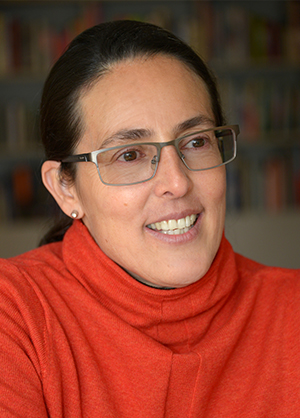
Ana María Durán Calisto is co-principal at Estudio A0 and Visiting Assistant Professor at the Yale School of Architecture. She has taught at PUCE, Harvard, Pratt, Columbia, the University of Michigan, IAAC, Universidad Católica de Temuco, and UCLA, where he is a PhD candidate. In 2011, she was awarded a Loeb Fellowship, and in 2024, a Public Voices Fellowship. In 2022, she received the Mark Cousins Theory award. She curated and designed the exhibition “Surfacing — The Civilized Agroecological Forests of Amazonia” for the 2023 Venice Architecture Biennale. She was co-awarded a Graham Foundation grant in 2024. Durán Calisto is a member of the Science Panel for the Amazon, a consultant for CAF and IDB, and was the adviser to the Ministry of Housing and Urban Development of Ecuador on the national agenda for UN Habitat III. She has co-edited the books Ecological Urbanism in Latin America (2019) and Beyond Petropolis: Designing a Practical Utopia in Nueva Loja (2015). She publishes and lectures extensively, both nationally and internationally.

Guadalupe García specializes in the history of Cuba and the Caribbean, with research interests on the relationship between colonialism and the urban ecologies of the region. Her current research explores the ways in which free and enslaved residents of Havana moved through and remapped the city during the late eighteenth and early nineteenth centuries. García’s work has appeared in the Journal of Latin American Studies and Cultural Studies, and has been published by the University of California Press. Her research has been supported by a Distinguished Fellowship at the CUNY Grad Center’s Advanced Research Collaborative and research and digital fellowships at the John Carter Brown Library in Providence, Rhode Island, as well as a Transatlantic Research Fellowship at the University of Warwick in the UK.
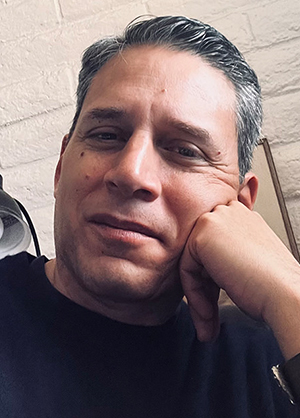
Alex Hidalgo is a historian of early modern colonialism in Latin America with an interest in acoustic environments, history of cartography, and the book. He is associate professor of history at Texas Christian University and the author of Trail of Footprints: A History of Indigenous Mapmaking from Viceregal Mexico (University of Texas Press, 2019). His articles have appeared in the American Historical Review, Ethnohistory, Hispanic American Historical Review, and the History Teacher. Hidalgo has received support from the National Endowment for the Humanities, the Ford Foundation, and the Library of Congress, and he is an editorial board member of the Papers of the Bibliographical Society of America.
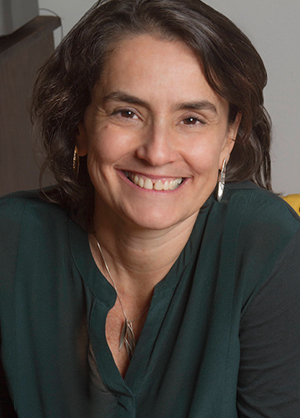
Marixa Lasso, a historian, is former director and current researcher at Centro de Investigaciones Históricas, Antropológicas y Culturales, Panama, and author of the award-winning book Erased: The Untold Story of the Panama Canal (Harvard, 2019). Lasso is also author of Myths of Harmony (Pittsburgh, 2007), as well as numerous book chapters and articles for journals such as American Historical Review, Environmental History, and Diplomatic History. She is the spring 2025 Tinker Visiting Professor at LLILAS.
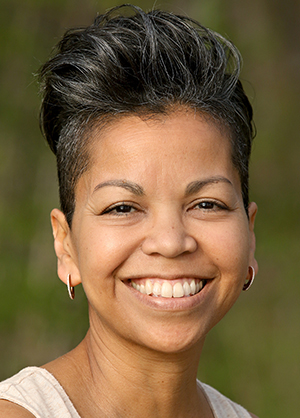
Lorraine Leu is professor of Latin American Cultural Studies at LLILAS and the Department of Spanish & Portuguese, UT Austin. Her research focuses on Urban Brazil, racialized geographies, visual culture, and cultural theory. She is also co-chair of Archiving Black América, a LLILAS Benson initiative.
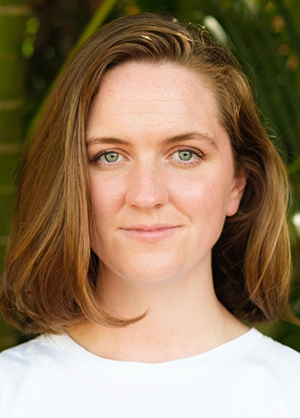
Zannah Matson is assistant professor in the Program in Environmental Design at University of Colorado Boulder. Her research focuses on the intertwined processes of colonization, extraction, and infrastructure development, both within Colombia’s eastern piedmont as well as Canada’s extensive mining sector. She is on the Editorial Board of the Journal of Architectural Education and is the social media editor for Landscape Research. She is an active member of Beyond Extraction—a collective of researchers, writers, artists, and activists who come together to critically investigate and resist extraction in its various forms.
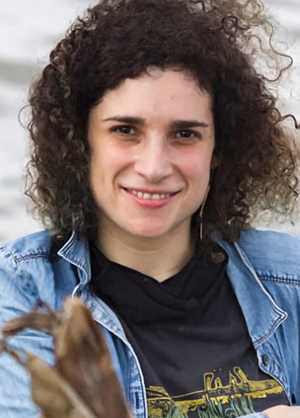
Hannah Meszaros Martin is an artist, filmmaker and writer. She holds a PhD from the Center for Research Architecture, Goldsmiths, University of London. Currently, she is a postdoc in the “Expanding the Social World Downwards” Project and is responsible for the visual components of the research. She is also a research fellow at Forensic Architecture (FA), of which she has been a member since 2012. With FA, she led the two-year investigation with the Colombian Truth Commission, which culminated in the exhibition Huellas de desaparición, currently touring Colombia. She now directs a new unit of Forensic Architecture located in Bogotá, Plano Negativo. She has exhibited in the Americas and Europe, and she has published with the Journal of Political Ecology, Journal of Visual Cultures, Open Democracy, Third Text, Different Skies, and FORENSIS (Sternberg Press, 2014).
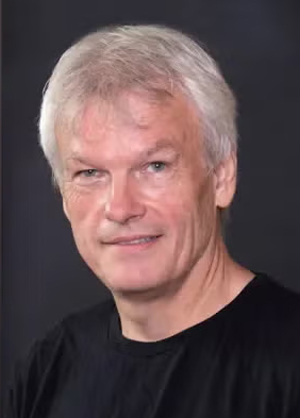
Bjørn Sletto is professor of Community and Regional Planning in the School of Architecture at UT Austin. His research focuses on environmental and social justice, informality, and insurgent and decolonial planning. He is particularly concerned with the co-production of knowledge in planning processes and the role of citizen planners in producing just and sustainable urban landscapes.
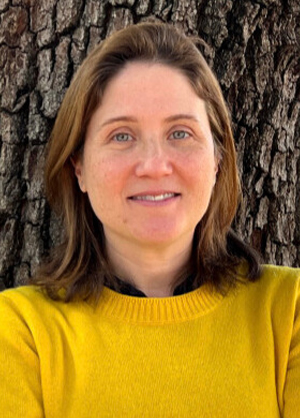
Cristina Soriano is associate professor of Latin American colonial history in the Department of History, UT Austin. Her research has focused on the analysis of dynamics of circulation of information, social networks, political mobilization, and public sphere in the Spanish Caribbean during the Age of Revolutions. Her first book, Tides of Revolution: Information, Insurgencies, and the Crisis of Colonial Rule in Venezuela (New Mexico, 2018) received two book awards. Her new book project, “Imperial Ruptures: Colonial Experiments in Trinidad During the Age of Revolutions,” explores revolutionary transformations in the Atlantic World from the perspective of a trans-imperial colony, with a focus on Trinidad.
Hosts and Organizers

Adela Pineda Franco is Lozano Long Endowed Professor in Latin American Literary and Cultural Studies, and director of the Teresa Lozano Long Institute of Latin American Studies (LLILAS) at The University of Texas at Austin. Her scholarly work situates the study of specific literary and cinematic phenomena within transnational contexts and comparative, interdisciplinary frameworks, addressing the relationships between culture, politics, intellectual thought, and technology.

Santiago Muñoz Arbeláez is assistant professor in the Department of History at the University of Texas at Austin. His research and teaching focus on the interactions between Indigenous peoples and European empires in the early modern Atlantic world, combining material culture, agrarian history, and the history of books and maps. He is author of Costumbres en disputa. Los muiscas y el imperio español en Ubaque, siglo XVI (2015), and the forthcoming (2025) book The New Kingdom of Granada: The Making and Unmaking of Spain’s Atlantic Empire. He is co-founder of Neogranadina, a Colombian non-profit organization that makes digitization and digital tools available to local archives and community groups in Latin America.

Juana Salcedo is assistant professor of Practice at the UT Austin School of Architecture. As an architectural designer and scholar, she works at the intersection of architecture and urbanism. Her work critically reflects on the meanings, uses, and shapes of public space and the diverse ways the spatial arts can contribute to the making of caring and convivial responses. As a designer, Salcedo has led and worked in projects at a range of scales, from residential projects to schools and community centers, to urban-scale projects including urban waterfronts and green corridors. Her current project, Infrastructures of Care: Jaguars, Humans and the Design of Urbanscapes in the Americas, was awarded a Research and Development Grant from the Graham Foundation (2020) and a Production and Presentation Grant (2024) to develop the exhibition Jaguar Lens. Salcedo is the Meadows Centennial Fellow Center for American Architecture and Design 2023–2026.
Conference Coordinator
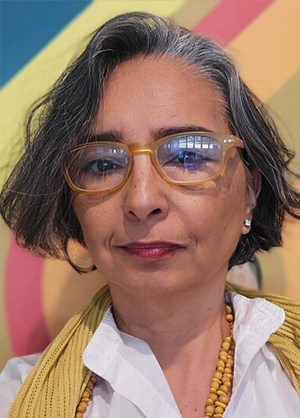
Paloma Díaz is Assistant Director of Programs at the Teresa Lozano Long Institute of Latin American Studies. She has extensive experience developing and coordinating international initiatives throughout the Americas and working in coordination with higher education institutions as well as government institutions and nonprofit organizations. An active member of the Latin American Studies Association, she served as social media coordinator for that organization between 2014 and 2023.
